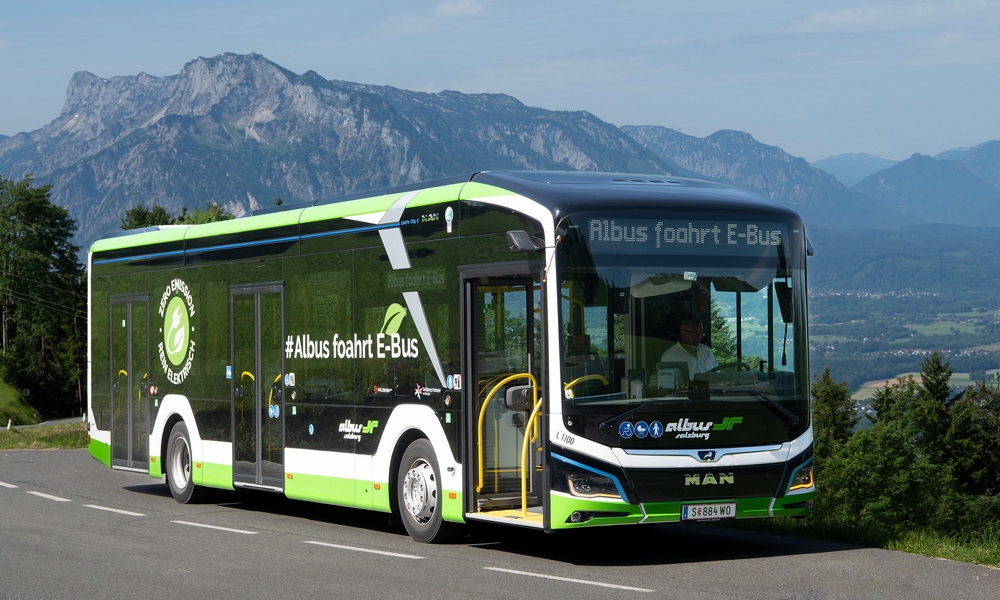OPOSSUM – Open Flow based system for multi Energy Domain
OPOSSUM provides a Software-defined Networking infrastructure for multiple domains in a heterogeneous telecom infrastructure.
»
I40-Transform
Study to explore new, innovative business models for smart production, with a focus on manufacturing companies.
»
OpenheaRTEd
The objective of this project is to study the application of software-defined networking (SDN) approaches to real-time Ethernet (RTE) networks.
»
IoT4Industry – Secure, Privacy-preserving Agents for the Industrial Internet
In order to benefit from the emerging Industrial Internet, manufacturing companies will have to adapt their current automation infrastructure.
»
Innovation Signals – Development of a Social Web Innovation Signals Amplifier
Utilisation of social web and user generated content for innovation purposes for companies in the sports and leisure industry.
»
UNDERSTANDER
Exploratory research project for industrial R&D in the field of Business Intelligence (BI) for small to medium enterprises.
»
LabSchedulerPlus
LabSchedulerPlus is a research and development project in cooperation with the Johannes-Kepler-University Linz, aimed at developing a planing tool for a company from the chemical industries.
»
SMARD – European Support Framework on Networked Media R&D for SMEs
SMARD is an EU funded project that aims at supporting SMEs in the creative industries to better translate their research and development (R&D) activities, particularly in the field of networked media, into innovative products and services.
»










